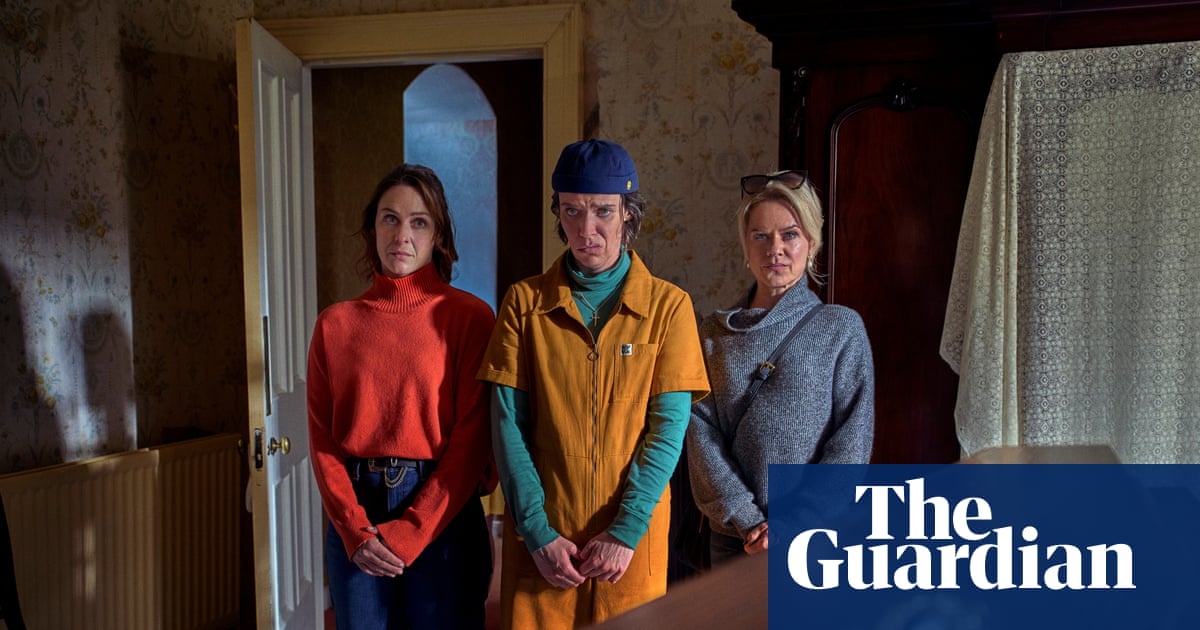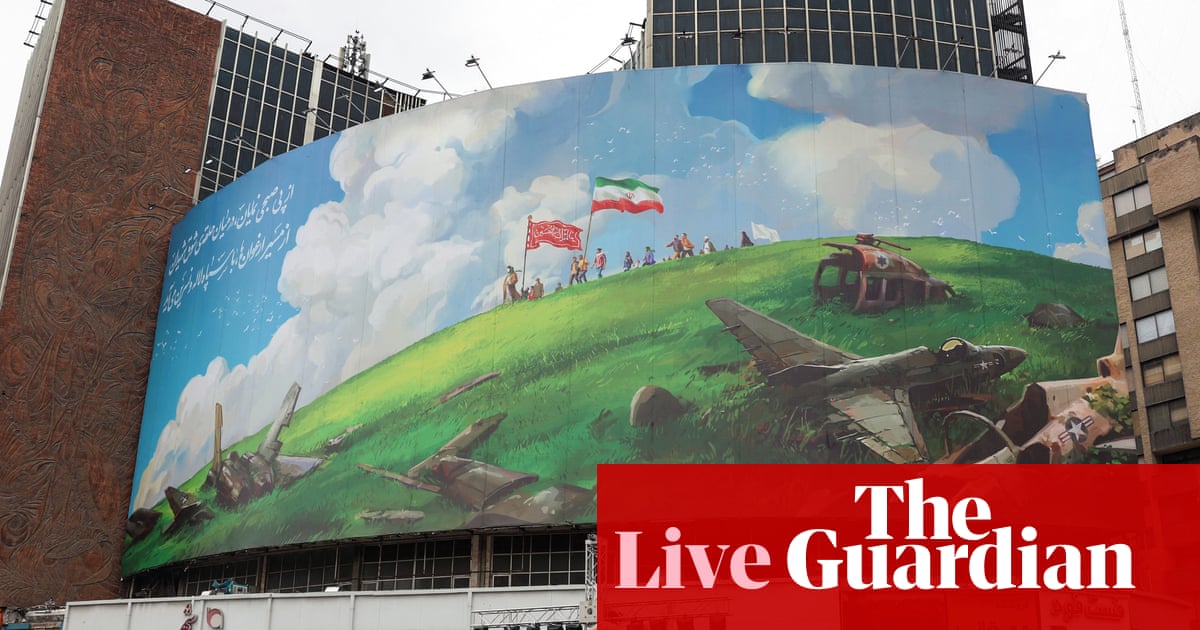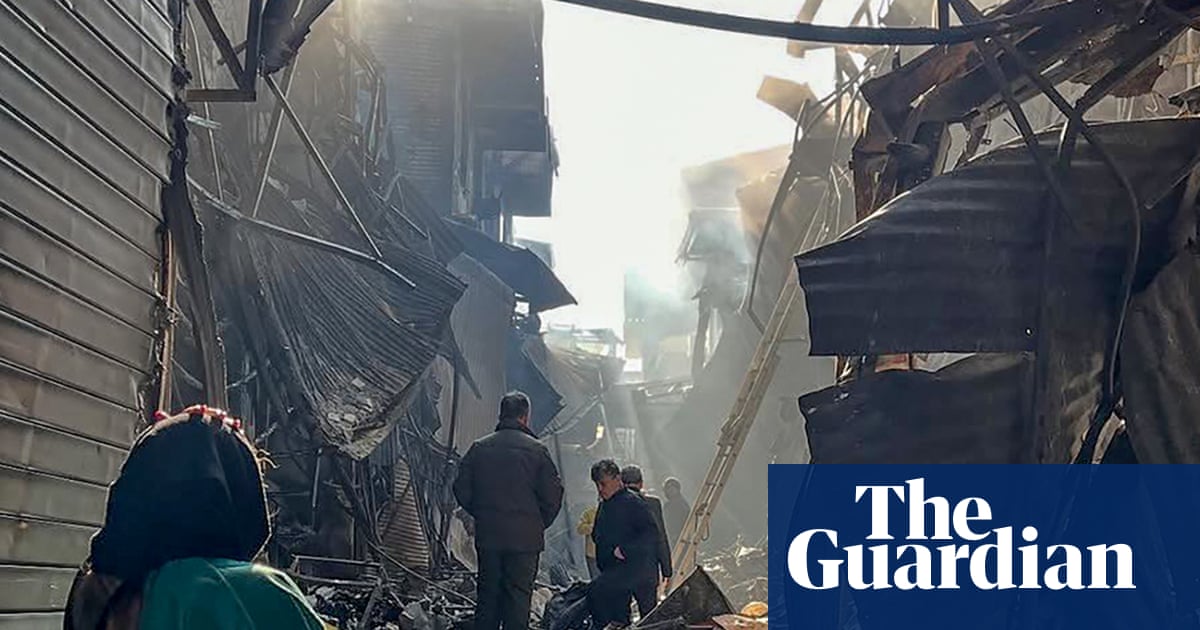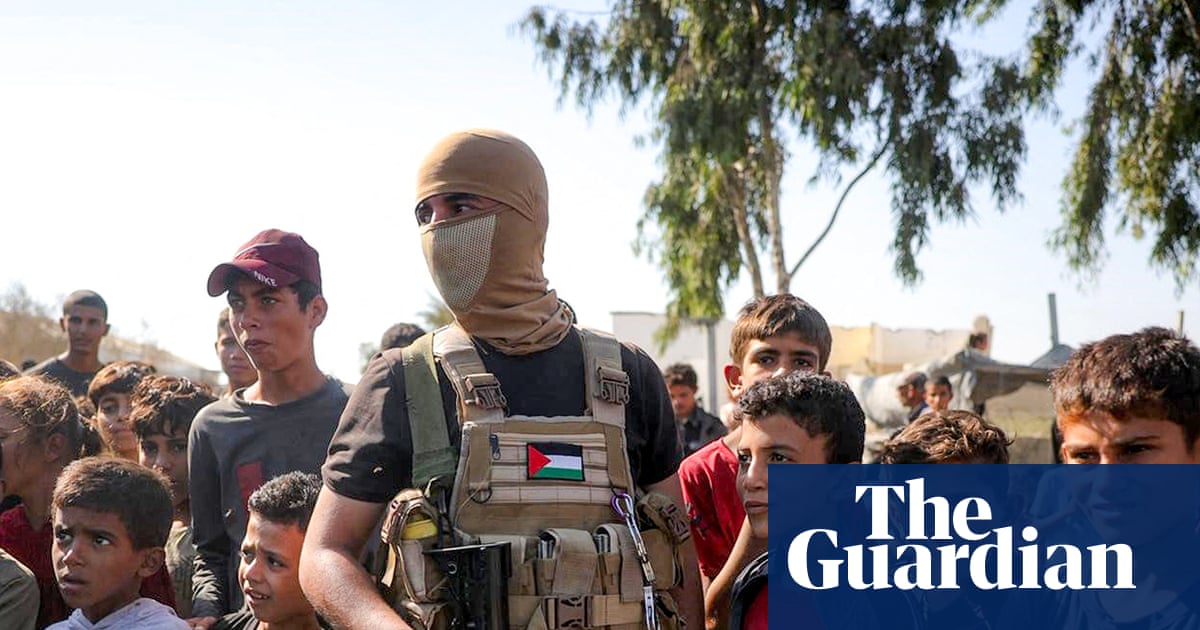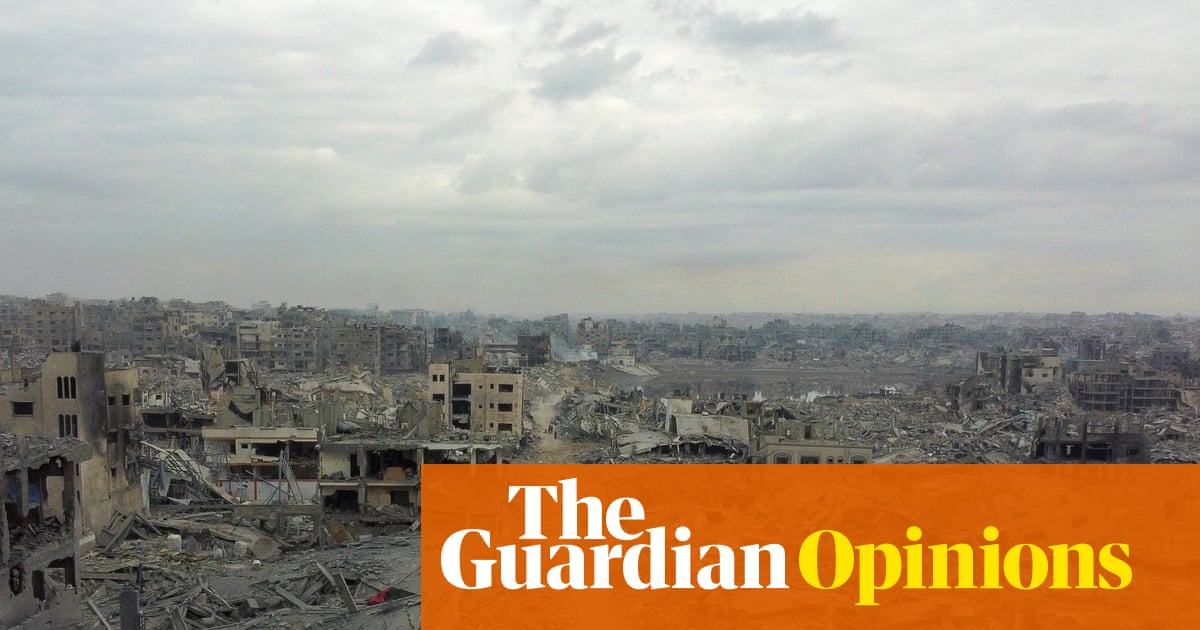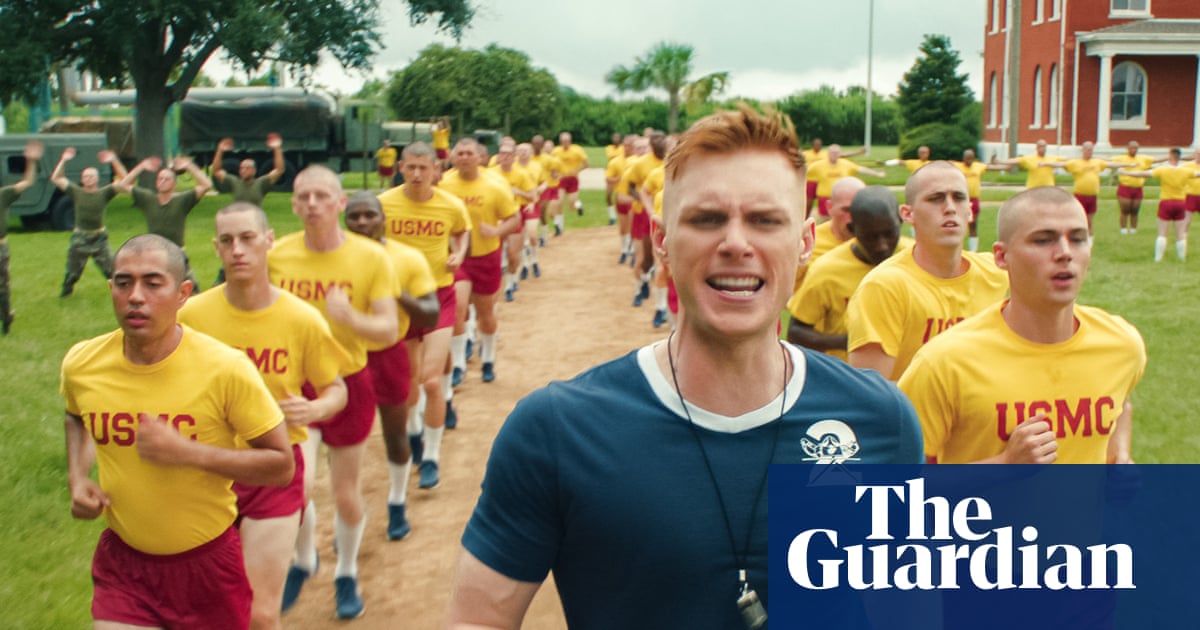It’s too soon to know for sure, but this may end up being ranked as one of the best nonfiction films of the year. At least let’s hope lots of people get to see this, even if it’s a mistake because they meant to buy a ticket for Predator: Badlands. Instead of an alien hunter with gnarly teeth, this offers a profoundly troubling meditation on our collective thirst for revenge – or at least the kind of bizarre performance art version of revenge as served up by reality TV show To Catch a Predator, a US series that ran from 2004 to 2007 and which featured weekly footage of paedophiles and would-be paedophiles being duped, shamed and arrested.
Predators’ director David Osit, at first just an offscreen voice but eventually a fully seen (in every sense) presence, explains that he used to watch To Catch a Predator avidly as a young man. Every episode was roughly the same: a man is observed arriving at a suburban house, expecting to have sex there with a teenaged girl or boy who is in fact a hired actor who has lured the target over. Then journalist Chris Hansen would step out from behind a doorway to confront the target with transcripts of interactions he had been having with the decoy. The target would then usually start crying and pleading for mercy;and then, in a final theatrical act of cruelty, he’d be told he was free to go only to be arrested seconds later by waiting law enforcement officers working with the show.
At the time, Jimmy Kimmel, still just starting out as a chat show host, gleefully described To Catch a Predator as “the funniest thing on television”, likening it to prank programme Punk’d “but for paedophiles”. But no matter how how repellent the “victims” are, nothing about the show or situation seems funny now, especially when we learn about a suspect who killed himself when the cops arrived.
How does the punitive, ritualised humiliation of To Catch a Predator, or any of the many gonzo made-for-YouTube knockoffs, like the one we see being filmed here, help stop child abuse or change anyone’s life for the better? No one wants to think about how to break these cycles of abuse; instead we’re all trapped a veritable hall of mirrored cruelties in which predators are targeted by morally indignant predators armed with cameras who are in turn filmed by quasi-predatory documentarians. It’s a mise en abyme of despair.

 2 months ago
72
2 months ago
72













